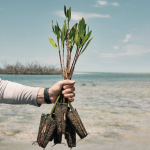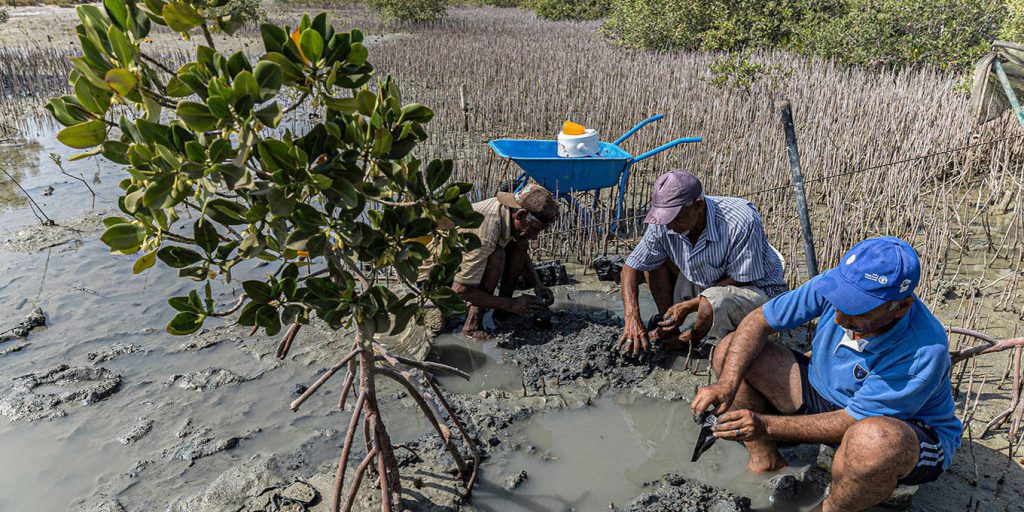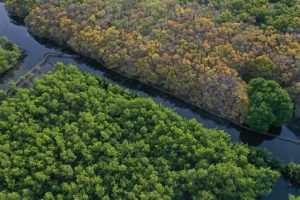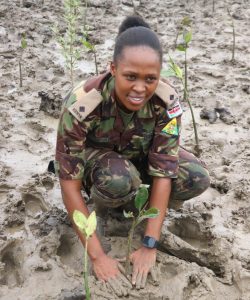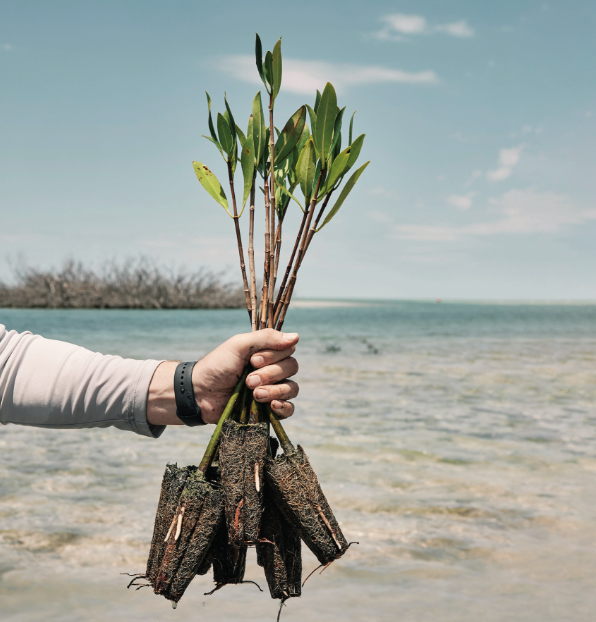A New Approach: Nature as Infrastructure
A recent report suggests that we should view nature as infrastructure. This perspective challenges us to think more systemically and find ways to strengthen and enrich nature while pursuing growth and development. Rapid modernization has had unintended consequences, such as environmental degradation and greenhouse gas emissions. The challenge now is to meet environmental goals while allowing developing economies to grow. Economists and biologists need to work together to capture the value and complexity of natural capital. Acquiring site-specific knowledge will require collaboration between scientists and local communities. Governance and incentives are also important for protecting and nurturing natural infrastructure. Grey infrastructure will always be necessary, but it should be designed to minimize its impact on nature. Financing nature protection and restoration will require valuing nature properly and creating markets that mobilize private and institutional capital. This includes developing nature as infrastructure as an asset class and using new financial instruments and tools. Special attention should be given to low-income economies that are vulnerable to climate change. Multilateral development banks can play a role in catalyzing the nature-as-infrastructure approach. The decisions we make about infrastructure today will have long-lasting consequences, and investing in green and building grey better is crucial for a fairer, more sustainable global economy.
Recent report: View nature as infrastructure; strengthen and enrich it while pursuing growth. Environmental degradation and greenhouse gas emissions resulted from rapid modernization. Challenge: meet environmental goals while allowing economic growth. Economists and biologists must collaborate, capture natural capital s complexity. Scientists and communities should collaborate for site-specific knowledge. Governance, incentives important for protecting and nurturing nature. Minimize grey infrastructure s impact. Properly value and finance nature protection and restoration. Give special attention to vulnerable low-income economies. Multilateral development banks can catalyze nature-as-infrastructure approach. Important to invest in green and better grey infrastructure for a sustainable global economy.
